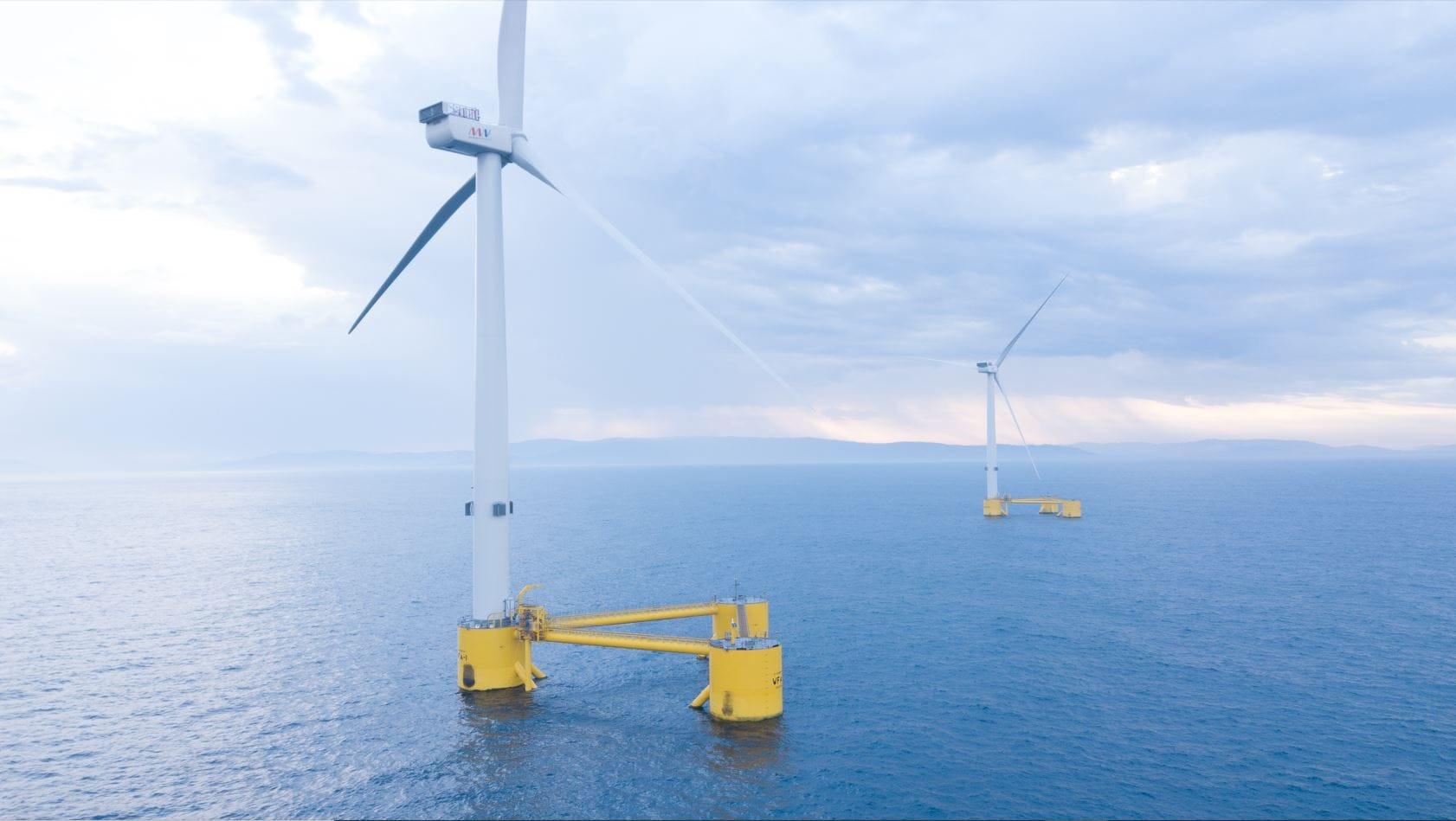
Binh Dinh provincial Party Committee Secretary General Ho Quoc Dung and the province’s chair Pham Anh Tuan several days ago had a working session with Per Hornung Pedersen, president and CEO of PNE Group (Germany), to discuss the offshore wind power project capitalized at $4.6 billion.
With 25 years of experience in developing onshore and offshore wind power projects, PNE has registered to conduct research on investment in an offshore wind power project in Binh Dinh. The project is expected to have a capacity of 2,000MW, developed in three phases ($1.5 billion for each phase).
PNE’s interest in offshore wind power in Vietnam marks the comeback of foreign investors to the field, after the withdrawals of other investors. Vietnam needs to soon perfect its legal framework to attract more investment to the field.
Minister of Industry and Trade Nguyen Hong Dien, during his working session with Binh Dinh’s leaders last August, affirmed the ministry’s support to the development of offshore wind power in the province. However, since offshore wind power projects have relations with national defence, it was expected that only state-owned economic groups would be assigned to implement the projects.
However, the Ministry of Industry and Trade (MOIT) has requested agencies to support the locality by setting up joint names and affiliates with one of Vietnam’s state-owned economic groups to facilitate the deployment of the project.
Dien promised to propose that one foreign corporation make an investment in offshore wind power.
In its report to the National Assembly, MOIT said it will make the most use of Vietnam’s offshore wind power technical potential (about 600,000MW) to produce electricity and new power.
It is expected that by 2030, offshore power capacity that serves domestic electricity demand would reach 6,000MW. The scale may be expanded and reach 70,000-91,500MW by 2050, if technologies develop rapidly and the electricity generation costs and electricity transmission costs are reasonable
Legal framework
Du Van Toan, PhD, from the Institute of Environment, Sea and Islands Science, said Vietnam has great potential to develop offshore wind power, especially in the south central region. There has been a high number of registrations for sea areas to carry out surveys and investment.
According to Toan, it is still unclear which agency is able to allocate sea areas to investors, and give approval or allow institutions to use territorial waters to conduct measurement, monitoring, investigation, exploration and survey activities to serve the design of offshore wind power projects.
Second, the national marine space has not been planned and approved, so there is no basis for implementing the eighth national power development plan (Plan 8).
The authority levels to approve investment are unknown, and thr conditions for market access applied to foreign investors is unclear.
According to Toan, it is necessary to set up a mechanism for a pilot project. To do this, the National Assembly needs to release a resolution on piloting the development of offshore wind power with the scale of 1,000-2,000MW.
Offering suggestions to the draft Law on Electricity, the Vietnam Oil and Gas Association recommended that there should be a mechanism under which the Government/Prime Minister has the right to set regulations and make decisions on investment policies and investment phases in accordance with the capacity of enterprises in the energy sector, as well as set criteria for selecting investors.
In addition, the Government needs to regulate the work of investigation, surveys, exploration, measurement at sea and assigning of sea areas for offshore wind power project development; set regulations/standards, norms, and unit prices related to the construction in the offshore wind power investment sector (including infrastructure system serving the investment); promulgate a price policy framework, and pricing mechanism for offshore wind power; and set preferential mechanism to encourage offshore wind power and the mechanism on selling electricity from offshore wind power projects.
Prior to that, Nguyen Tuan from PTSC (PetroVietnam Technical Services) asked to set up a groundbreaking mechanism for investors in offshore wind power. If investors cannot enjoy incentives, investors will turn their back on offshore wind power projects in Vietnam. No one would dare inject money in the field if the state doesn’t promise incentives.
Luong Bang